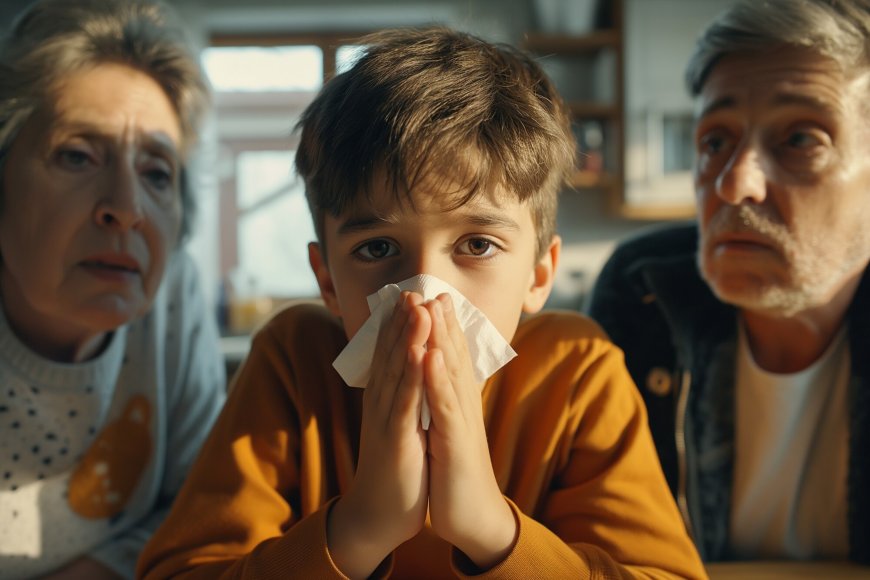The Impact of Divorce on Children and Parents
Divorce is a profound, life-altering event that dramatically reshapes the lives of both children and parents. The dissolution of a marriage isn’t just the end of a relationship; it’s the beginning of a new reality fraught with emotional, psychological, and social upheavals. These changes can have a lasting impact on the well-being and future of everyone involved, especially the children. The reasons behind a divorce may differ, but the ripple effects on family members are often deep and enduring. In this discussion, we’ll delve into the emotional and psychological tolls, the shifts in family dynamics, the financial repercussions, and the long-term outcomes of divorce on both children and parents.

Emotional and Psychological Effects
When a marriage ends, the emotional and psychological fallout is often the most immediate and palpable. Children, who are thrust into a new reality, often grapple with a whirlwind of emotions—confusion, fear, sadness. For younger kids, the sudden change can be bewildering, leaving them to wrestle with feelings of guilt or abandonment as they struggle to understand why their parents are no longer together. Adolescents, caught between childhood and adulthood, may react differently; some might harbor anger or frustration, while others might feel a sense of relief, depending on the circumstances leading up to the divorce. This emotional turmoil can manifest in various ways—behavioral issues, struggles in school, or social withdrawal.
Parents aren’t immune to the emotional and psychological challenges that divorce brings. The end of a marriage can be a deeply personal crisis, filled with feelings of failure, guilt, and uncertainty about the future. The loss of a life partner, even one who was the source of conflict, can lead to profound loneliness and depression. This emotional strain is often compounded by the stress of navigating legal battles, financial divides, and the responsibilities of single parenthood. For many, these burdens can be overwhelming, leading to a need for therapy or counseling to process the complex emotions that accompany divorce.
Changes in Family Dynamics
Divorce doesn’t just change the structure of a family; it fundamentally alters its dynamics. The transition from a two-parent household to a single-parent or shared custody arrangement can be jarring for children. Suddenly, they’re shuttling between two homes, each with its own set of rules, routines, and expectations. This can create a sense of instability, especially if the parents have starkly different parenting styles or if the divorce was marked by bitterness and conflict.
For parents, divorce often necessitates a reevaluation of roles within the family. One parent might find themselves shouldering a greater share of the parenting duties, while the other may struggle to maintain a close relationship with the children due to less time together. This imbalance can breed resentment and frustration, particularly if the custody arrangement feels unfair. Moreover, the quality of the relationship between ex-spouses plays a critical role in shaping the post-divorce family dynamic. High levels of conflict and poor communication can create a toxic environment that harms the children, while a cooperative, respectful co-parenting relationship can help alleviate some of the negative impacts of divorce.
Financial Implications
The financial fallout from a divorce is another significant factor that weighs heavily on both children and parents. Divorce often results in a diminished standard of living, as the income that once supported a single household is now stretched to cover two. This can lead to financial strain, particularly for the custodial parent, who may bear the brunt of childcare expenses while also trying to manage their own financial needs.
Children, too, feel the pinch of reduced financial resources. They might have to move to a smaller home, switch schools, or give up extracurricular activities due to budget constraints. These changes can exacerbate their feelings of loss and instability, adding another layer of stress to an already challenging situation. For parents, financial stress can magnify the emotional burden of divorce, leading to increased tension and conflict, especially if disagreements arise over child support or alimony.
Long-Term Outcomes
The long-term consequences of divorce for children and parents are complex and varied, influenced by factors like the age of the children at the time of the divorce, the level of parental conflict, and the presence of supportive networks. While many children eventually adapt to the new family structure, some may experience lingering effects, such as difficulties in forming relationships, lower academic achievement, or an increased risk of mental health issues like depression and anxiety.
For parents, the long-term outcomes often hinge on their ability to rebuild their lives and create a new sense of stability. Those who can co-parent effectively and maintain a positive relationship with their ex-spouse tend to fare better over time, both emotionally and financially. However, for those who struggle to move past the emotional and financial challenges of divorce, the long-term impact can be more severe, leading to ongoing stress, poor mental health, and strained relationships with their children.
Conclusion
In summary, the impact of divorce on children and parents is deep and multifaceted. While the immediate emotional and psychological effects can be intense, the long-term outcomes depend on a variety of factors, including the level of parental conflict, the support systems available, and the ability of both children and parents to adapt to their new circumstances. By addressing the emotional, psychological, financial, and familial changes that come with divorce, it is possible to mitigate some of the negative impacts and help all family members move forward in a healthier, more positive way.
What's Your Reaction?



























































































